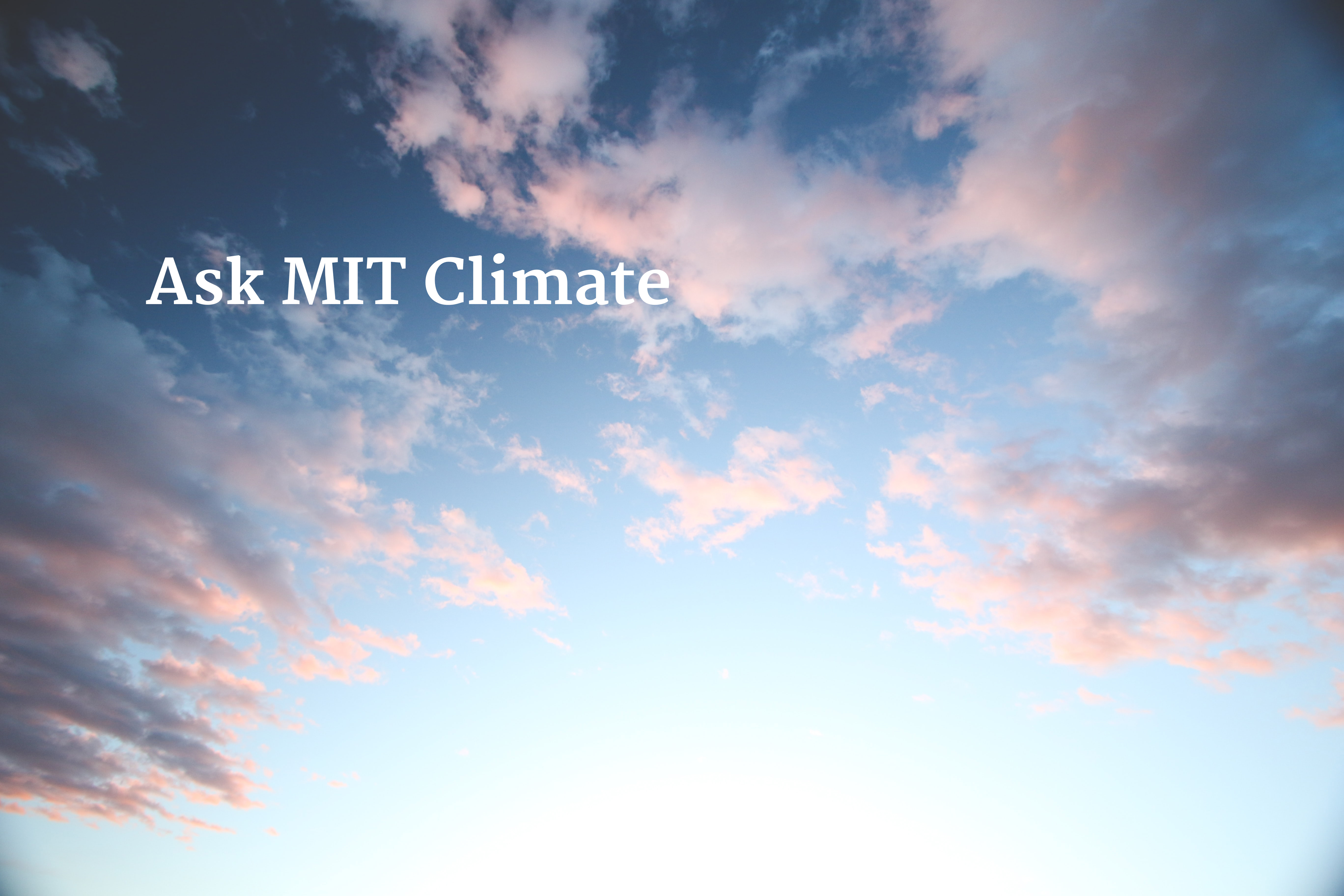Six.
In first grade the elementary school I was in had doors directly from the playground into each classroom, rather than the more conventional setup where you go through hallways to get to your class.
As first graders we were queued up outside our door to be let in, the kindergarteners likewise in the line next to ours. Some kids in our line started taunting, “Kindergarten babies, join in the navies”. Whatever the fuck that may mean. To the nanny nanny boo boo song, of course.
I thought “We were in kindergarten last year, so we were where they are now. And they’ll be where we are next year. So it is wrong to treat them like we’re better than them”.
That is being confronted with a premise (an unstated one, but a premise nonetheless), analyzing it, then rejecting it for a specific reason.
Or… 4.
In nursery school I heard what sounded to me like my little 2-year-old sister crying. (Two year olds weren’t generally allowed to be in nursery school yet but she was potty trained and could even put on her own clothes, except for tying her shoes, so they let her attend). I wanted to go to see if she was okay, but the teacher intercepted me and said I wasn’t allowed to, and that if my sister needed anything, the teacher who was with her would deal with it.
I thought about it and decided the reason I was supposed to obey the teacher was that grownups were wise and right about things, but she was wrong, I was supposed to take care of my little sister. And since she was wrong, this place was bad, so I was going home. So I slipped outside, climbed the fence, and walked the eight blocks or so home to married student housing, crossing a busy 4-lane highway at the traffic light in the process.
I analyzed a situation and the reasons supporting something and decided they were invalid for a specific reason.



